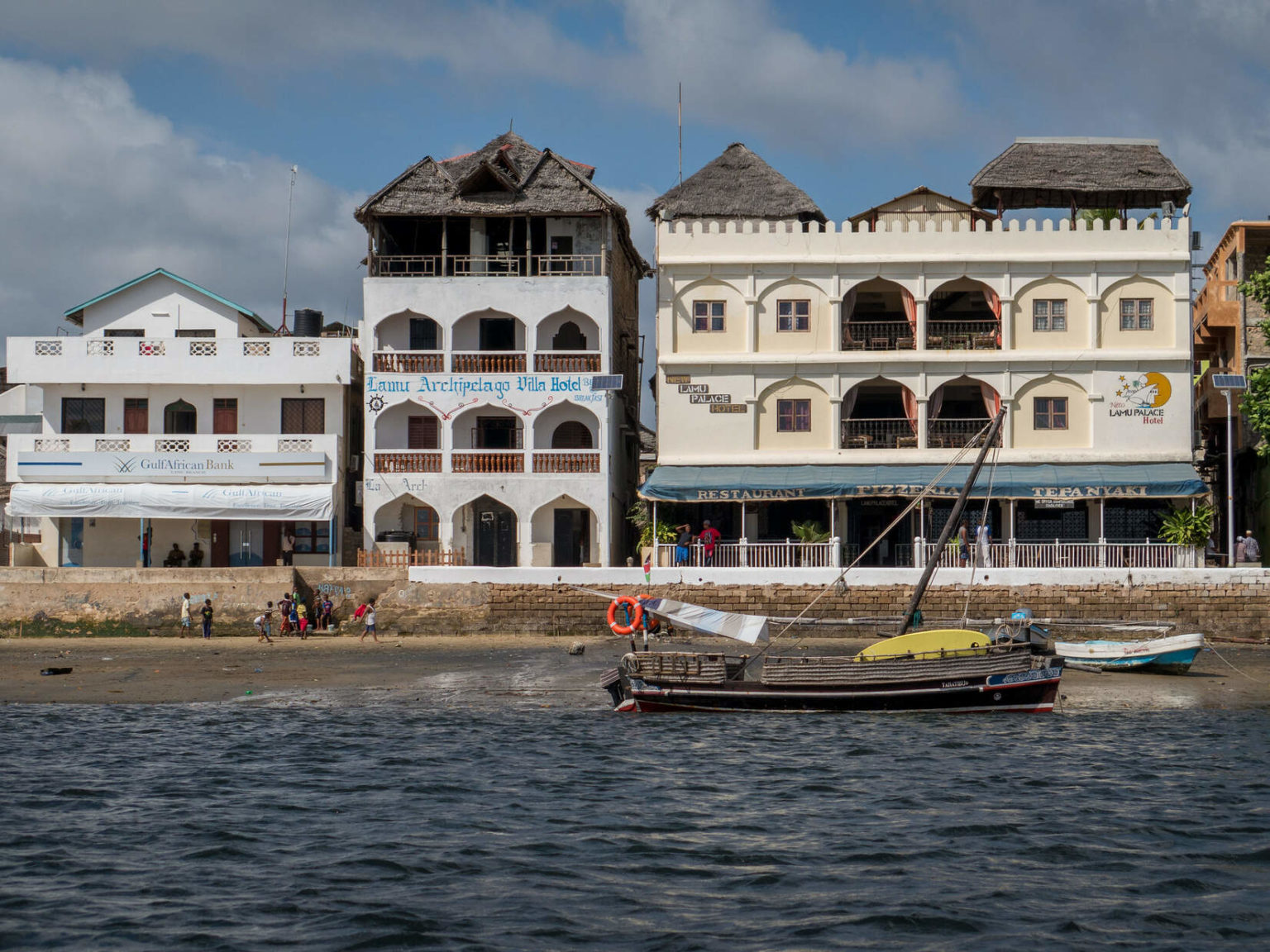The future of one of Africa’s biggest fossil energy projects looks bleak following reports that the main financial backer for the 1050 megawatt Lamu coal power plant in Kenya is pulling out of the project.
The US$2 billion plant, to be operated by Amu Power, was set to be built in Lamu, a UNESCO World Heritage Site along Kenya’s coast. The move by the Industrial and Commercial Bank of China (ICBC) to withdraw its financing could potentially end the controversial project — welcome news for environmental campaigners who are cautiously optimistic about the development.
According to a statement by Save Lamu, one the groups at the forefront in opposing it, the ICBC had decided not to finance the plant due to the environmental and social risks associated with it. DeSmog was unable to reach ICBC for comment.
Environmental destruction
The construction of the plant risks extensively damaging the fragile environment and impacting the livelihoods of thousands of people who depend on fisheries and tourism in the area, said Landry Ninteretse, Africa Team Leader at climate group 350.org.
As DeSmog reported last year, hundreds of Lamu residents — whose lives and livelihoods were under threat from the planned coal plant — feared they would be displaced by the plant’s construction, and that fish and other marine life would be poisoned, and the air polluted.
“We are very happy and grateful to hear that the ICBC will no longer fund Amu Power for the coal project,” said Is’haq Abubakar, Save Lamu Vice Chairperson. “We as Save Lamu will always be there to defend its people and our environment; we don’t want a coal project in Lamu County and in Kenya at large.”
The withdrawal sends a message to the rest of Kenya and Africa that coal energy is not the way to go in this era of renewables, said Omar Elmawi, Coordinator of anti-coal campaign Decoalonize.
“This decision could be an indication that banks are seeing risk in continuing to finance fossil energy projects,” he told DeSmog.
WIthdrawals
The ICBC is the latest major partner to pull out of the project, according to Ninteretse. The move comes after the African Development Bank pulled out in 2019, followed by General Electric withdrawing its support this past September.
The coal project is a public-private partnership by Amu Power in joint venture with two Kenyan companies, Centum Investments and Gulf Energy, and Chinese firm China Power Global.
The development potentially signals the decline of the region’s fossil fuel industry and a lower demand of coal in the energy mix. It also highlights the importance of renewable energy as a sustainable solution to the energy demand in Africa, according to Fredrick Njehu, Senior Political Advisor at Greenpeace Africa.
But while it’s a win for Africa, the climate, the renewable energy sector and the Kenyan taxpayer, Njehu cautioned that the fight isn’t over yet.
“It is still early to celebrate as we are faced with corporate lobbyists in the energy sector who are pushing the government to come up with policies and laws that steer investments in the fossil fuels,” he told DeSmog.
“This battle is far from over as we need more work to be done for Kenya to officially withdraw its support from Lamu coal power plant and coal mining,” he added. “It will be won if Kenya purposely and intentionally invests its resources in renewable energy that is still underexploited.”
Subscribe to our newsletter
Stay up to date with DeSmog news and alerts







